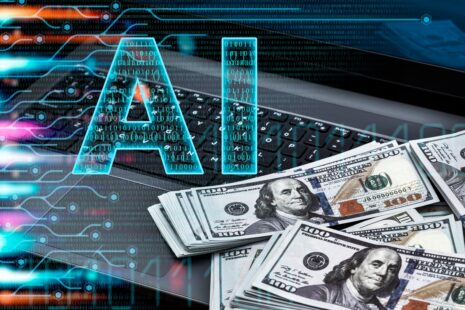AI’s rapid development has inspired both awe and fear, and the reasons it seems “scary” often stem from its transformative potential and the uncertainty surrounding its impact on society.
Why Many People View AI as a Cause for Concern
Loss of Control
- Advanced AI systems are becoming increasingly autonomous, capable of making decisions without human input. The fear arises from the possibility that these systems could behave unpredictably or in ways misaligned with human values.
Job Displacement
- AI-powered automation replaces jobs in industries like manufacturing, retail, and even creative sectors. This could lead to widespread unemployment and economic inequality, especially for those without access to retraining programs.
Bias and Discrimination
- AI systems are only as good as the data they’re trained on. If the data contains biases, the AI will perpetuate and even amplify those biases, leading to unfair outcomes in areas like hiring, policing, and lending.
Misinformation and Deepfakes
- AI-generated content, such as deepfake videos and hyper-realistic fake news, makes it harder to differentiate between truth and lies. This can erode trust in media and institutions, fueling political and social unrest.
Surveillance Concerns
- AI is heavily used in surveillance technologies, raising privacy concerns. Governments and corporations can use AI to monitor and analyze people’s activities on an unprecedented scale, leading to fears of authoritarian control.
Autonomous Weapons
- The idea of AI being weaponized, such as in autonomous drones or AI-driven cyberattacks, raises fears of uncontrollable conflicts and reduced human oversight in critical decisions.
Unemployment of Creativity
- With AI systems like ChatGPT and image generators, creative fields such as art, writing, and music composition face disruption. Some worry AI will diminish the human value of creativity.
Fear of Superintelligence
- The notion of AI surpassing human intelligence, often called “superintelligence,” is a significant concern. If this occurs, an AI might prioritize its objectives over humanity’s well-being.
Ethical Dilemmas
- AI raises complex moral questions like Should AI have rights? Who is accountable when an AI makes a harmful decision? These uncertainties make it difficult to integrate AI into society responsibly.
Unforeseen Consequences
- As AI systems become more complex, their behavior becomes harder to predict. This could lead to unintended outcomes, from minor glitches to catastrophic failures in critical infrastructure.
AI’s power and unpredictability make it both a revolutionary force and a source of fear. While the concerns are valid, they also highlight the importance of ethical development, responsible use, and proper regulation of AI technologies. By addressing these fears with transparency and proactive measures, society can better harness the benefits of AI while minimizing its risks.




